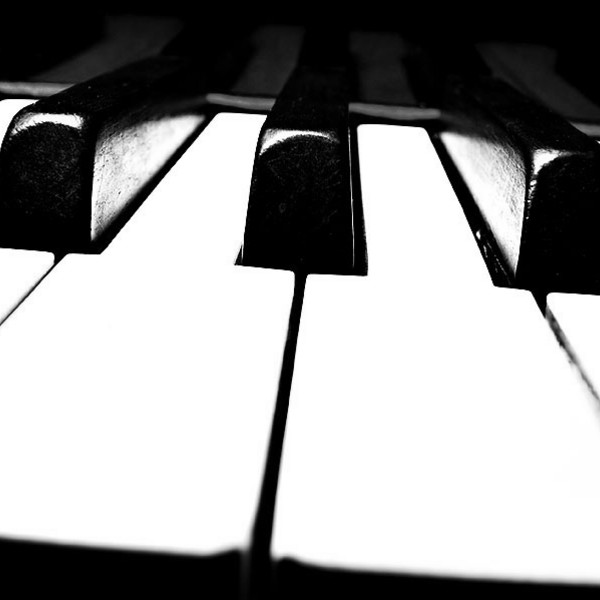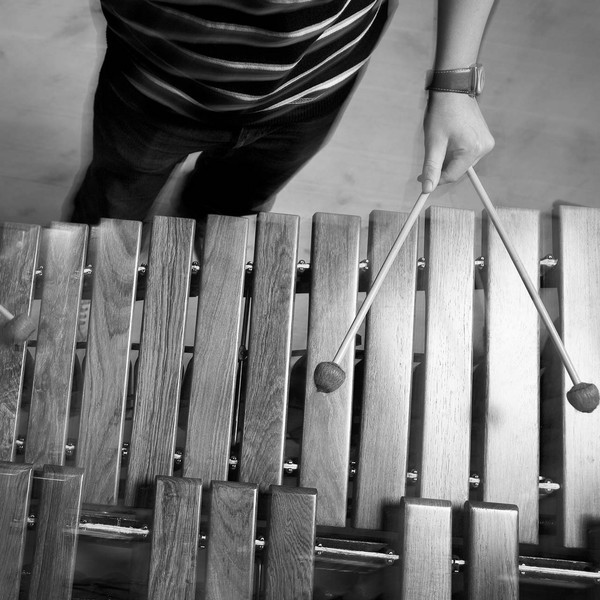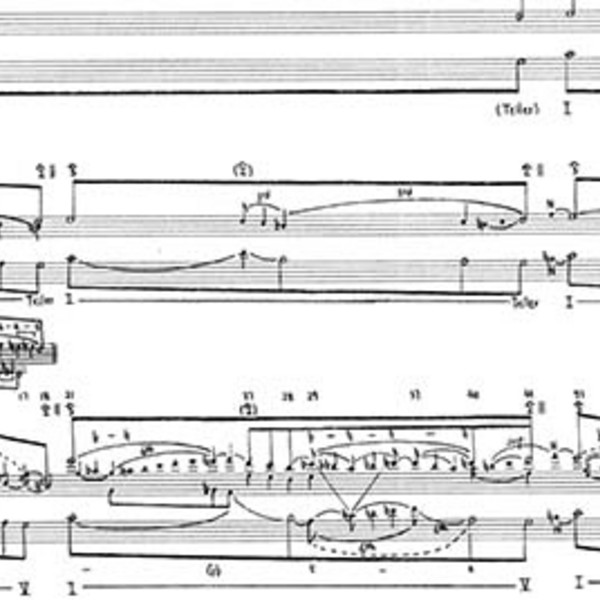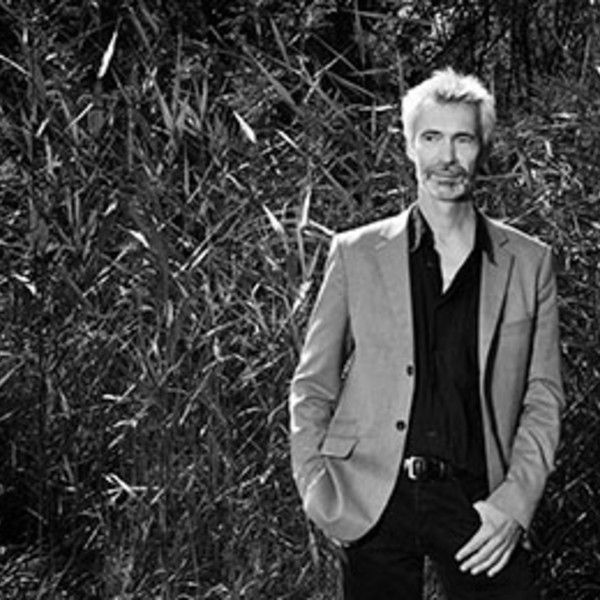Musicianship in the Postdigital Age
“Musicianship in the Postdigital Age” is an investigation and reflection on the concept of musicianship and its evolution closely linked to the advent of new technologies. This research aims to become a model in approaching new technologies intended as artistic media, exploring specific branches as a pretext for developments in musical creation and musical performance. The project will be divided into two parallel researches: one focusing on artificial intelligence, and one on Virtual Reality, both intended as resources for musical expression. Technology has strongly influenced and changed our relationship with reality, challenging the concepts of space, and time, therefore this research aims to answer the question: how does musicianship relate to our present reality?
1. Artificial Intelligence applied to musical creation and performance through Somax2 software implication
Partners: IRCAM - STMS Lab CNRS - Sorbonne Universite ́ Paris, France
referent: Marco Fiorini
The fusion of Artificial Intelligence and musical improvisation stands at the forefront of contemporary music composition and performance. The endeavor to harness AI’s generative potential together with human creativity has opened up exciting possibilities in the realm of musical exploration. This research is motivated by the aspiration to transcend conventional compositional and performative boundaries and embark on a journey that leverages cyber-human co-creativity and improvisation practices. Advancements in the field of AI for music composition have been substantial and this research wants to contribute even more to dig into a field that still has a lot to offer on a scientific and artistic level.
The proposed research, to be developed over the next two years, intends to bring up the potential of AI, Somax2 as an application for musical improvisation and composition in the real world of high level performers and musicians, facing real life scenarios. In this way, the outcome of previous scientific research works is applied to concrete creative situations, building important interactions between music researchers, composers and performers, to reveal the mechanisms of co-creativity and build the epistemological boost required for this creative interaction to succeed.
Our research consists of 4 fundamental steps:
- Historical research (Journée d’études en hommage à Iannis Xenakis) with the analysis and the reinterpretation of music written by Iannis Xenakis interacting in a performance scenario with an Artificial intelligence engine (Somax2)
- Workshop with students interfacing with Somax2 and artificial intelligence
- Recording and publishing of the album “Xenakis reloaded” (with the pieces explored during our research) 4. Research papers to be presented at IRCAM, DKDM, TENOR, SMC, JIM, ICMC ecc
2. Virtual Reality applied to musical creation and performance
Partner: HOCHSCHULE FÜR MUSIK UND THEATER HAMBURG Department of Multimedia Composition
referent: Prof. Alexander Schubert
The research on Virtual Reality aims to investigate the concept of musical creation, musical performance and musical gesture in a “non-physical space”. How can a musician engage with the idea of a musical gesture and corporeality related to a digital world? What does a musician have to change or compromise in order to perform in a digital dimension? How can this benefit musicians’ body awareness and sound creation when going back to a more traditional instrumental practice?
The collaboration with Alexander Schubert aims to explore Virtual Reality as a tool for music creation and performance. This will be realized through a commission to Alexander Schubert. The new piece, EXIT STRATEGIES, written for solo performer and VR will be our playground for experimentation. EXIT STRATEGIES is a VR and video performance, which in three sections dissolves, questions and performs the concepts of body, time and space. The performance is a successive ritual of dissociation based on the identity and cognition of the performer - at the end of which nothing will remain. The work touches on questions of philosophy, science and spirituality - but also on the potential and limitations of the possible space of a theater setting.
GOALS
- The research wants to create a new repertoire to be presented in the most prestigious festivals and academies, creating a path that wants to be an inspiration for new generations of performers and musicians.
- Documentation will be in forefront, trying to reflect on the process through research papers intended as an important document for future generations of musicians, researchers, artists.
- The final goal is to build the basis for a future project, starting a high academic course designed for experimental performers who want to interface with creation and research on new music not necessarily linked to the study of a single instrument.
PEDAGOGICAL IDEAS AND RDAM STUDENTS INVOLVEMENT
The fundamental aim of this research is to create new knowledge, experience and material that can help students in their approach to music and art in the broadest sense. By investigating as yet unexplored but certainly highly relevant fields for the future of music, my research aims to highlight a methodology of action that can be of benefit to students. Starting from my research in the field of VR, artificial intelligence, the aim is to shed light on a new musical approach that can benefit all kinds of musicians, despite their background or training. By this new approach is meant a continuous research on the concept of musicianship and approach to musical material, which must always be questioned. This research wants to support my “percussion” and “multimedia and post- instrumental performance” classes. This will give the students the possibility to work with technicians, softwares, tools that can expand their musical vocabulary and creativity. Working closely with two of the most important European institutions in the field of music technology (IRCAM, Multimedia composition department at Hochschule Für Musik Und Theater in Hamburg) it’s an important possibility for artistic and cultural exchanges.



